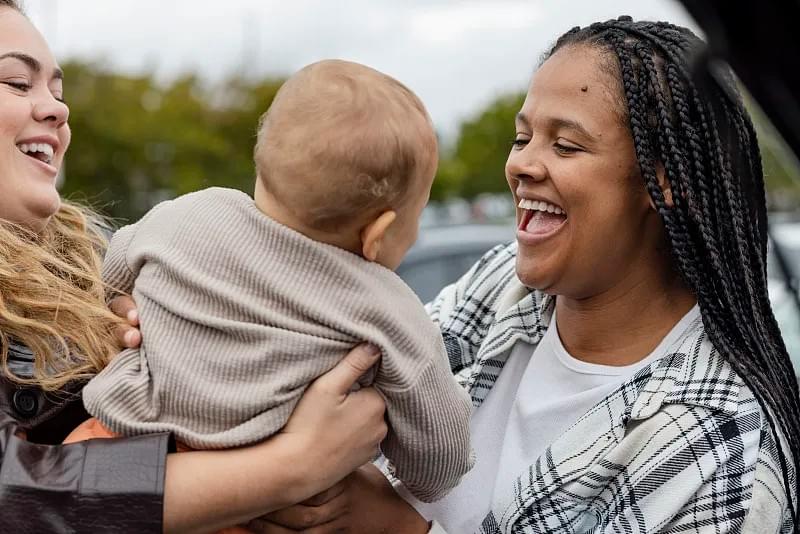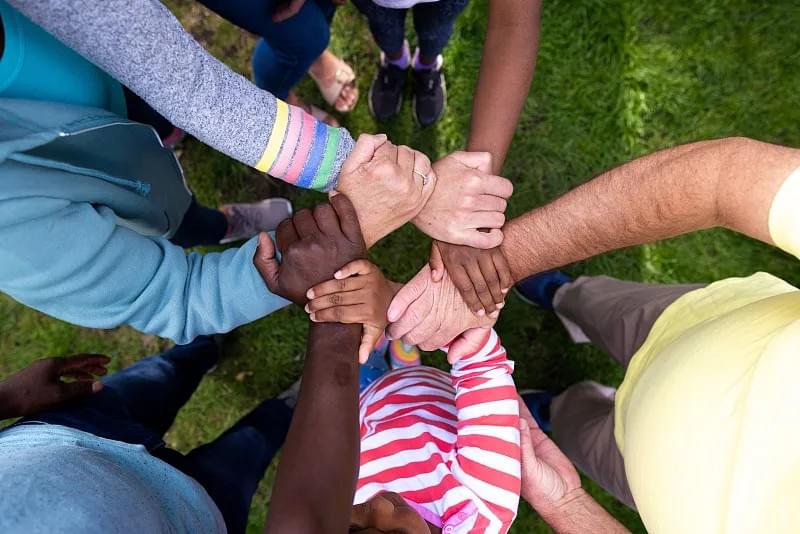In recent years, surrogacy has emerged as a transformative path to parenthood, reshaping traditional notions of family and kinship. For many individuals and couples facing infertility, medical challenges, or same-sex partners seeking biological connections, surrogacy offers a viable and emotionally profound route to building a family. However, beyond the medical and legal complexities, surrogacy deeply influences family dynamics and interpersonal relationships. This article explores the evolving landscape of surrogacy, its emotional and relational impacts, and how modern families are redefining connection, identity, and belonging in a globalized world.
The Rise of International Surrogacy: A Global Journey to Parenthood
Surrogacy is no longer confined by national borders. With advancements in reproductive technology and increasing awareness, many prospective parents turn to international surrogacy programs—often in countries like Georgia, Ukraine, or the United States—where legal frameworks and medical expertise support such arrangements. This cross-border journey, while promising, introduces unique challenges related to cultural sensitivity, legal compliance, and long-term family integration.
International surrogacy often involves a network of professionals: fertility clinics, legal advisors, and surrogate mothers, each playing a crucial role in the process. The decision to pursue surrogacy abroad is frequently driven by legal restrictions in the intended parents’ home countries or the desire for greater legal clarity and medical safety.

Emotional Bonds and Ethical Considerations
One of the most profound aspects of surrogacy lies in the emotional relationships it fosters. Unlike traditional adoption, surrogacy allows for a biological link between the child and at least one parent—often through the use of the intended mother’s egg or the father’s sperm. This biological connection can strengthen the sense of legitimacy and emotional attachment for the parents.
However, the role of the surrogate mother introduces a complex layer of emotional dynamics. In gestational surrogacy—where the surrogate carries an embryo created from the intended parents’ or donors’ genetic material—she is not genetically related to the baby. Yet, the nine months of pregnancy create a unique bond that cannot be easily dismissed. Open communication, mutual respect, and sometimes ongoing contact are essential in maintaining healthy post-birth relationships.
Ethically, transparency is paramount. Many families choose to tell their children about their surrogacy origins from an early age, fostering a narrative of love, intention, and inclusivity. Studies suggest that children conceived through surrogacy often develop strong self-identities when their origins are shared openly and positively.
Legal Frameworks and Family Recognition
A major challenge in surrogacy remains the inconsistency of legal recognition across countries. While some nations have well-established surrogacy laws, others ban the practice entirely or offer limited protections for intended parents. This legal patchwork can delay passport issuance, complicate citizenship, and even risk the child being denied entry into the parents’ home country.
For example, in certain jurisdictions, the birth mother—regardless of genetic connection—is legally recognized as the parent at birth. This means intended parents must go through a post-birth adoption or parental order process to establish legal parenthood. In cross-border cases, this can lead to bureaucratic hurdles and emotional stress during a critical bonding period.
Therefore, intended parents are advised to engage legal experts well before beginning the surrogacy process. Pre-emptive planning, including drafting international parentage agreements and securing consular support, can prevent legal limbo and ensure a smoother transition for the new family.

The Role of Surrogates: Beyond the Womb
It’s essential to recognize that surrogates are not merely vessels for pregnancy—they are individuals making a deeply personal and often altruistic choice. Most surrogates report high levels of satisfaction, citing the joy of helping others become parents as a primary motivation. Their contribution goes beyond biology; they participate in a shared human experience of empathy and generosity.
Respecting the surrogate’s autonomy, health, and emotional well-being is critical. Ethical surrogacy programs ensure that surrogates receive comprehensive medical care, psychological support, and fair compensation. Moreover, intended parents who build respectful, communicative relationships with their surrogates often report a more positive and meaningful journey.
In some cases, surrogates and intended families develop lasting friendships. These relationships, though not obligatory, can enrich the child’s understanding of their origins. For instance, a child might grow up knowing their surrogate as a special figure in their life story—a person who helped bring them into the world out of compassion.
Family Identity and Child Development
How does surrogacy affect a child’s sense of identity? Research indicates that children born via surrogacy generally exhibit healthy psychological development, especially when raised in supportive, open environments. The key lies in how the story of their conception is told.
Families that normalize surrogacy—as one of many valid paths to parenthood—help children internalize a positive self-image. Picture books, age-appropriate conversations, and inclusive language (“You were carried by a very kind woman who helped Mommy and Daddy bring you to us”) can make the narrative feel natural and loving.
Furthermore, in LGBTQ+ families, surrogacy plays a pivotal role in enabling biological connections that were once inaccessible. For gay male couples, for example, using a donor egg and a surrogate allows both partners to be actively involved in the parenting journey from conception. This strengthens family cohesion and provides a powerful affirmation of love and intentionality.

Navigating Cultural and Social Perceptions
Despite growing acceptance, surrogacy still faces social stigma in some cultures. Misconceptions—such as viewing surrogacy as “baby buying” or questioning the legitimacy of non-biological parenting—can create tension for families. Public education and personal storytelling are vital tools in shifting these narratives.
Support groups, online communities, and advocacy organizations play a crucial role in empowering intended parents and surrogates alike. Sharing real-life experiences helps demystify the process and highlights the emotional depth and ethical integrity behind most surrogacy journeys.
For families returning from international surrogacy programs, reintegration into their local communities may require patience and openness. Schools, healthcare providers, and extended family members may need guidance on how to discuss surrogacy respectfully. Normalizing these conversations contributes to broader societal acceptance.
The Future of Surrogacy and Family Bonds
As reproductive technologies continue to evolve, so too will the definitions of family. Artificial wombs, gene editing, and improved fertility preservation may one day alter the surrogacy landscape. Yet, the core emotional and relational aspects—love, intention, and connection—will remain central.
The future of surrogacy lies in ethical standardization, global cooperation, and compassionate policies that prioritize the well-being of all parties: the child, the intended parents, and the surrogate. When approached with empathy and responsibility, surrogacy doesn’t just create families—it strengthens the very fabric of human relationships.

Conclusion: Redefining Family in the 21st Century
Surrogacy is more than a medical procedure—it’s a profound human experience that redefines what it means to be a family. It challenges outdated norms, embraces diversity, and affirms that love and intention are the true foundations of parenthood. As more families emerge through surrogacy, the conversation must shift from legality and logistics to empathy, inclusion, and celebration.
For intended parents, surrogates, and the children at the heart of it all, surrogacy is a journey of trust, resilience, and hope. And as society continues to evolve, so too will our understanding of family—expanding to include every loving path that leads to a child’s first breath and a parent’s first embrace.
By sharing these stories and fostering open dialogue, we not only support individual families but also contribute to a more compassionate and inclusive world.
